The East of England Co-op is the largest independent retailer in East Anglia and has more than 230 branches covering food, funeral, travel, pharmacy, Post Offices, opticians and investment property. At the forefront of the co-op’s passion for food is the award-winning Sourced Locally initiative, which this year celebrates its tenth anniversary.
Growing a local supply chain has its challenges, and the society has developed processes to ensure customers can shop with confidence. For example, a new role – product standards and safety manager – was created to ensure all suppliers are fully compliant with all relevant regulations. New suppliers are checked to ensure they meet the high standards expected, before confirming their listing in store.
Here, Sean McLaughlin, head of commercial retail at East of England, speaks about the co-op’s Sourced Locally initiative – and gives his top tips on how small producers can be supported through supply chains…
How does East of England find and choose Sourced Locally products?
After ten years of Sourced Locally many of our new suppliers come as referrals and recommendations from our current crop of producers. New products can also come as a result of collaborations between existing suppliers.
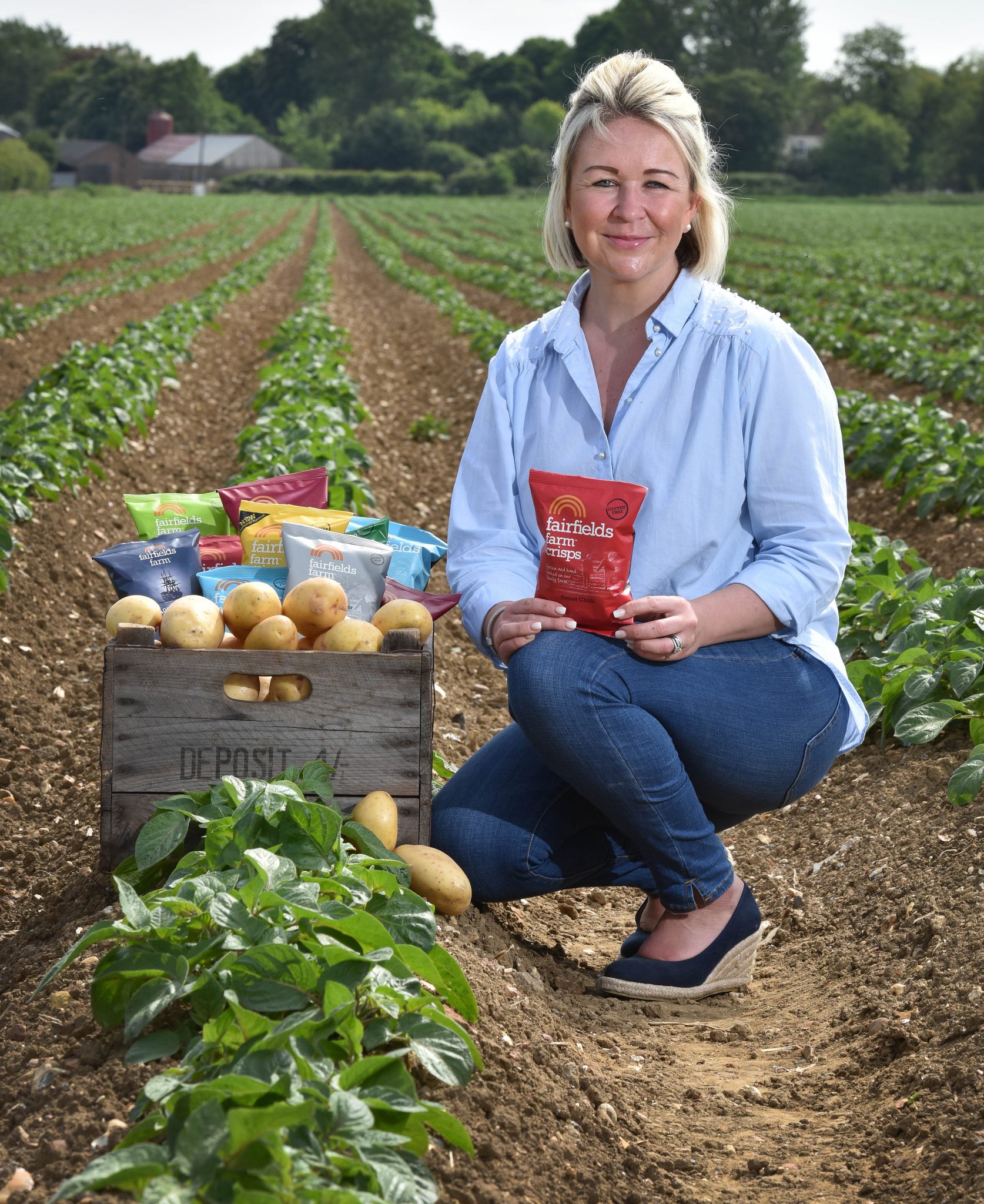
For instance, there’s the on-the-go crisp and salsa dip pack, launched by Fairfields Farm Crisps and Scarlett & Mustard, which accompanies a pack of Fairfields Farm hand-cooked tortillas. This collaboration highlights how, thanks to Sourced Locally, suppliers start talking to one another on a level they would not have done previously.
How are producers supported?
We always make sure products are profitable for both the producer and ourselves. Another key aspect of support we provide is to ensure clear communication is readily available whenever required. For example, if a supplier calls us stating that due to weather conditions they have experienced an increase in growth of a particular product, we will endeavour to co-operate with them in a variety of ways, such as creating in-store offers for that specific product.
Our annual Producer of the Year award ceremony also offers our producers something to aspire to while providing a fantastic networking opportunity within the Sourced Locally roster. The award is currently held by Michael Coe of Great Tilkey Honey in Essex.
As a co-operative, it is important for us to support our suppliers at every point in the chain and this is something we do; whether that be offering expert industry advice or simply being available to talk when required.
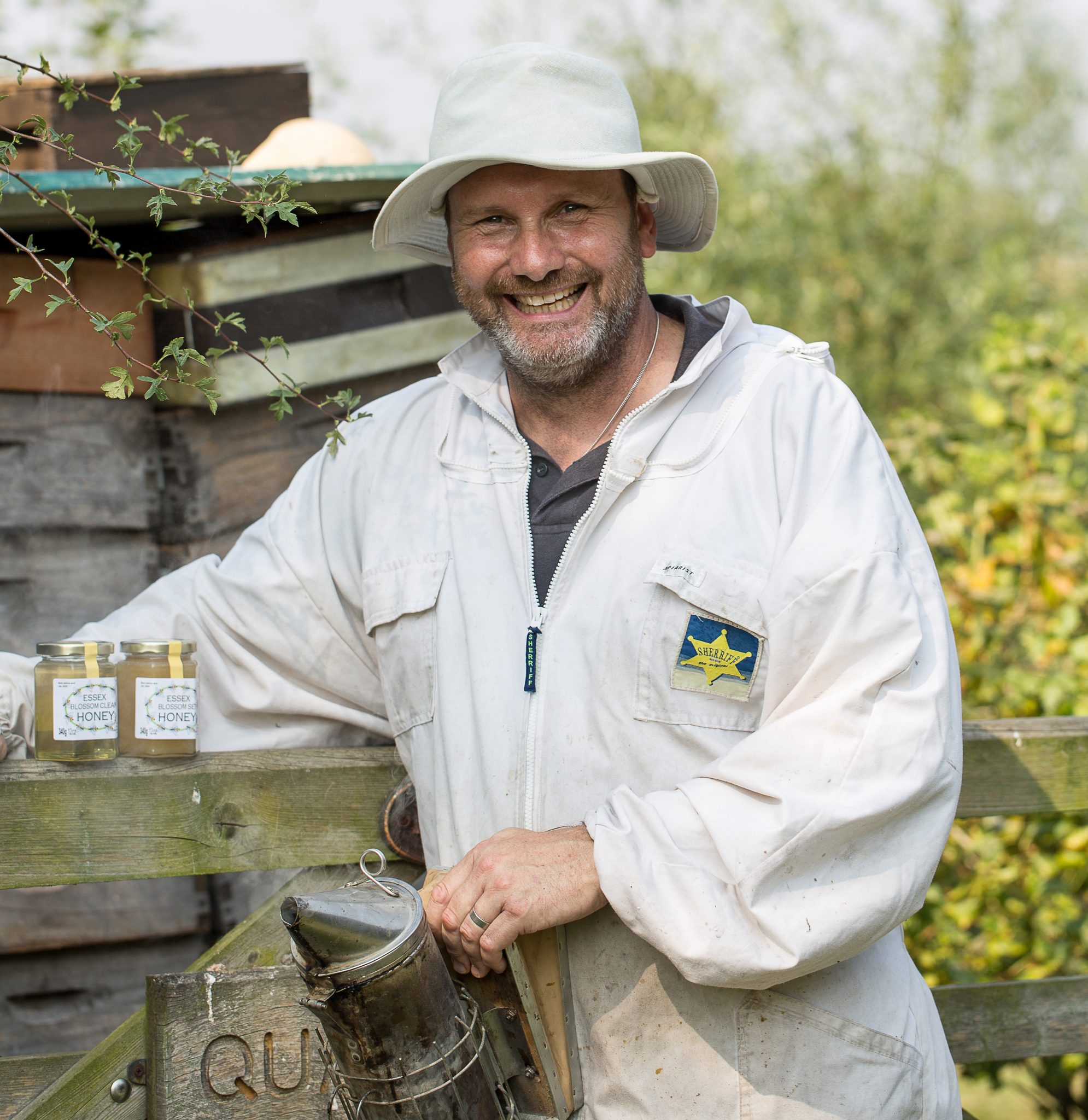
Why do you believe supporting local producers is important?
At the heart of the Sourced Locally scheme is the belief that it is illogical to import food from 2,000 miles away when the same foods are grown on our front door. From speaking with East of England Co-op members and customers, this is something they agree with.
Through Sourced Locally we have been able to plough more than £57m back into the regional economy, something we are incredibly proud of and will continue to do.
This in turn creates new jobs in the region – all things that co-operatives should do but are not necessarily easy to execute.
Why do you think Sourced Locally has been such a success?
Its success is a direct consequence of the hard work carried out by our producers, members and colleagues; as a whole the scheme really demonstrates that small things can make a big difference. It’s very much a partnership and it is vital that our producers feel able to pick up the phone if an issue arises and for us to resolve this problem as soon as possible.
Of course, another large contributor has been our customers who are enjoying the fact that the food they are eating is grown literally down the road from their East of England Co-op store.
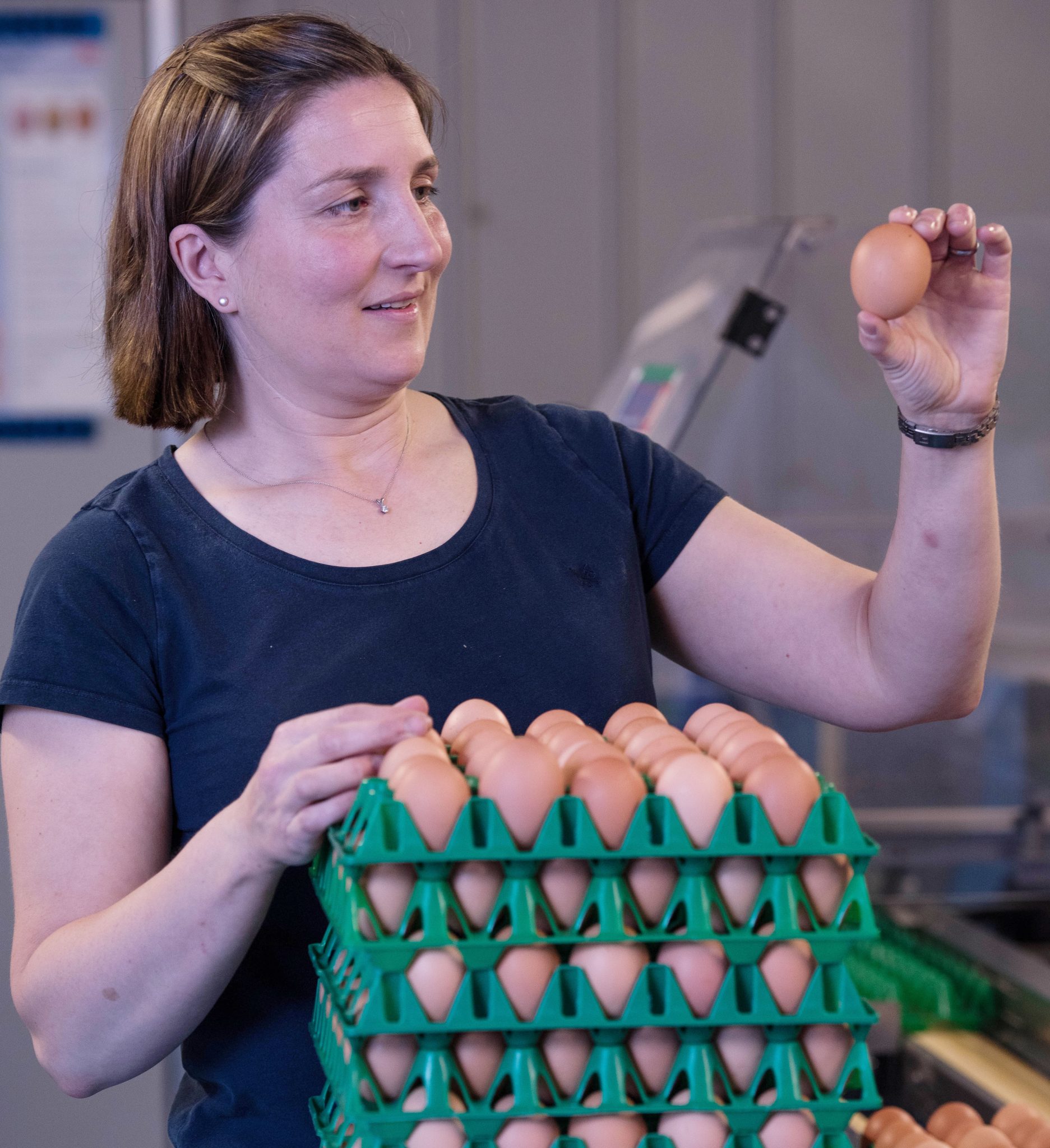
What have been the biggest challenges?
Our main challenge has been finding the right suppliers and quality products, while making sure we are able to support our producers at every point of their journey. Moving forward, the challenge is similar, as you frequently ask yourself ‘How am I going to help our new producer through the next stage of their journey?’ or ‘What can I do to maximise their potential and develop a product that is profitable for the producer, ourselves and one that our customers will enjoy?’
Although this poses a challenge, it is one we have a decade’s worth of experience in overcoming.
What have you learned from the scheme?
It is amazing how engaged our customers are and how important it is to them, particularly in the more rural parts of the region, to understand and appreciate the origins of their food.
And it never ceases to amaze me the efforts our producers and my colleagues go to, to ensure the right products get onto the shelves of our stores.
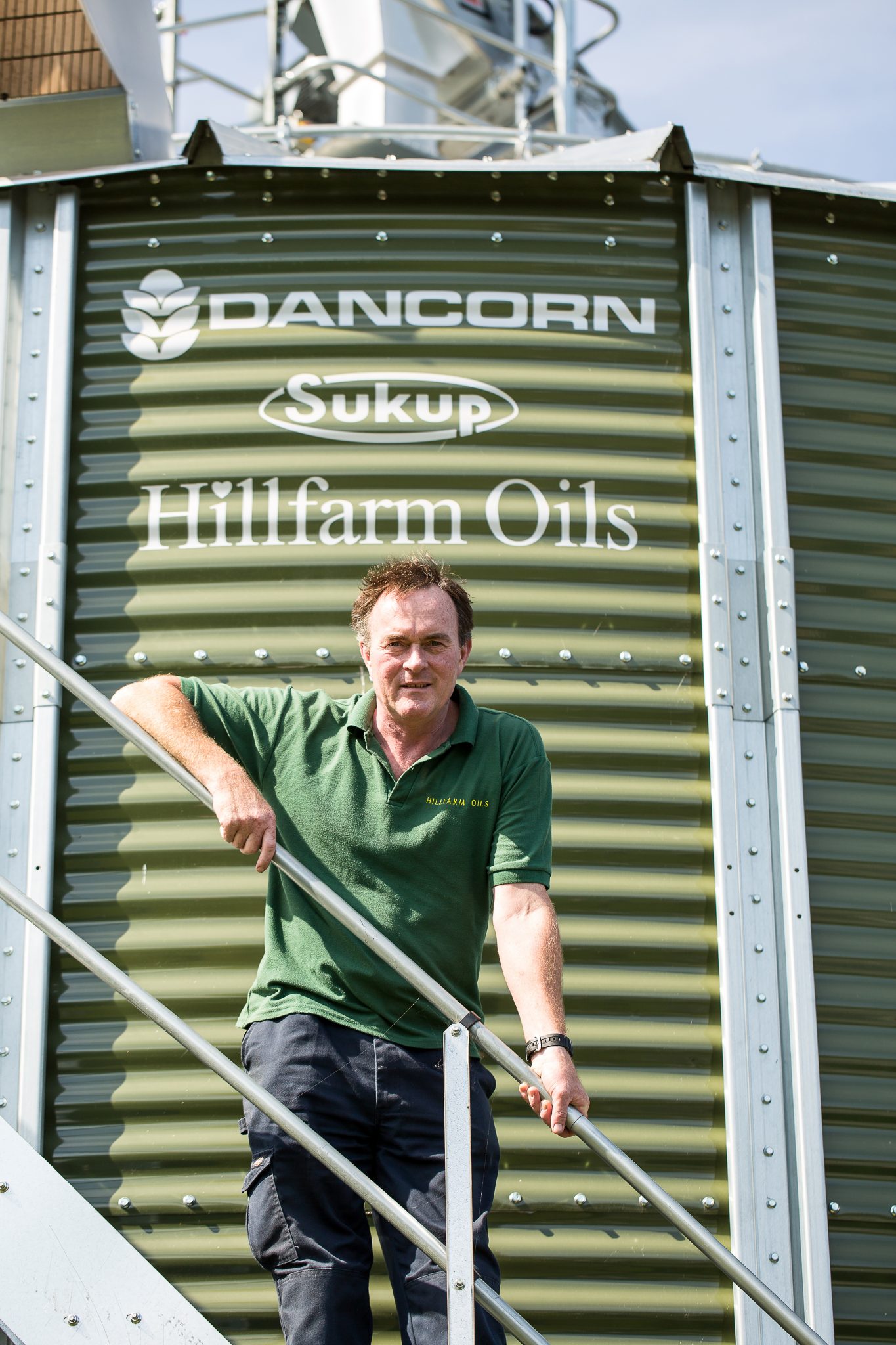
Sean’s tips: Ten ways co-ops can build great relationships with local producers
- Open and honest dialogue: It is crucial to have an open dialogue with producers so they are aware of what can and cannot be done. As a society we work to make sure there is no fear factor for our producers.
- Finding quick and suitable resolutions: When difficulties emerge it is important that a co-operative acts in a manner that is beneficial to both the supplier and the co-op. For example, if a product is not selling as well as hoped it should not be delisted straight away. We always aim to look at how we can change this trend for the better.
- Be brave: Starting Sourced Locally was a brave move but one that was more than worthwhile. Being brave may mean the journey is trickier, but the rewards you reap at the conclusion are far greater for everyone concerned.
- Communication: Having one person as a point of contact for the producer is absolutely vital. Ensuring the point of contact is someone who can make key decisions and who can be on hand to advise on what decision is in the suppliers’ best interests provides confidence and assurance.
- Pay producers on time: It is important to pay suppliers on time and in a manner that best suits their business so they are not negatively impacted.
- Build relationships: Developing relationships with suppliers is paramount in developing trust between retailers and suppliers; this only has positive implications.
- Profitable: We always make sure that the product will be profitable for both the producer and the co-operative.
- Correct product: Ensuring the products sold are suitable for customers is important. At East of England this ensures the longevity of the Sourced Locally campaign, so it can continue to benefit the regional economy.
- Reward success: Through the hosting of reward ceremonies, such as Producer of the Year, we are able to commend those producers who have achieved great success during the course of the year. This also gives further incentive to our suppliers, which only benefits the products they supply.
- Provide support: Providing support to suppliers in all areas of their business and at as many junctures as possible throughout their journey as evolving suppliers.
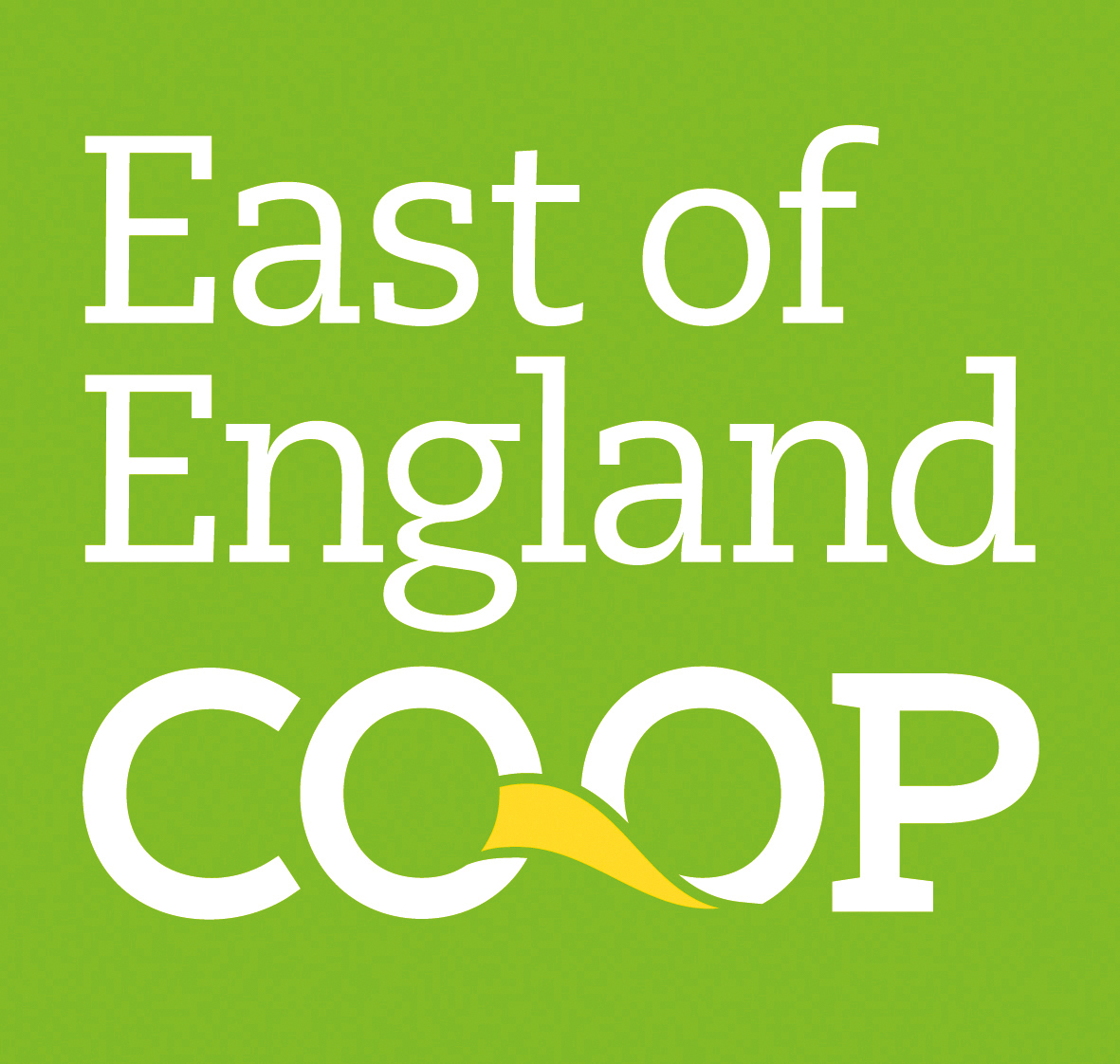
- This focus on British Food is supported by East of England Co-op, the largest independent retailer in East Anglia with more than 230 branches across Norfolk, Suffolk, Essex and Cambridgeshire. It runs a wide range of businesses, including food retail, funeral, travel, pharmacy, Post Offices, opticians and investment property. It is owned by more than 288,000 members and in 2017 members shared a dividend of more than £3 million.
- Find more coverage on co-ops and British Food Fortnight here.